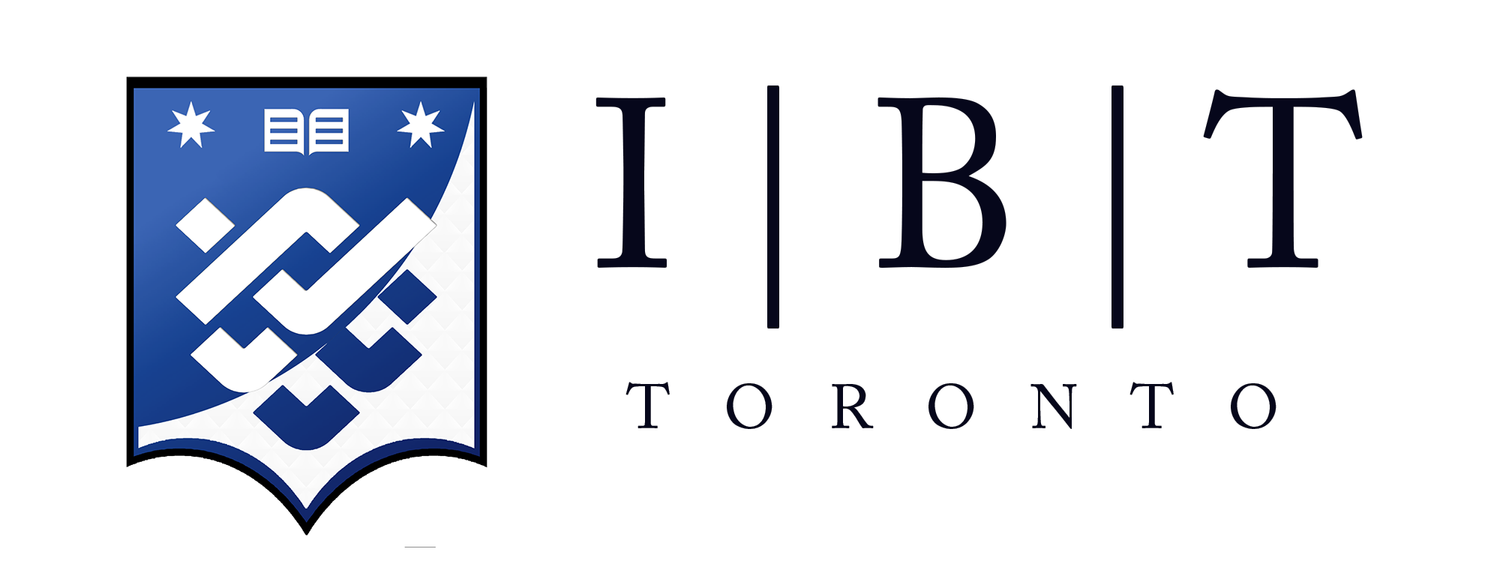Study Tips for Excelling in IB Economics
IB Economics is a rewarding but challenging subject, requiring students to apply theory to real-world issues while developing analytical skills and exam strategies. Toronto students looking to excel in IB Economics can benefit from these practical tips and the support of local tutors who understand the unique demands of the IB curriculum.
1. Build a Strong Foundation in Core Concepts
Mastering the basics is essential to succeeding in IB Economics. Focus on foundational topics like demand and supply, elasticity, and economic growth, as they form the basis for more complex concepts. Reviewing these basics regularly will make advanced topics easier to understand and apply in exams.
Tip: Create summary notes or mind maps for key topics to reinforce understanding and make revision easier as exams approach.
2. Practise Diagram Drawing and Labelling
Diagrams are an integral part of IB Economics, helping illustrate theoretical concepts clearly and concisely. Practise drawing diagrams accurately and ensure labels are clear and complete. Toronto-based tutors can help you refine your diagrams and provide feedback on how to interpret them effectively in exam settings.
Tip: Aim to draw diagrams from memory, ensuring accuracy and speed. Practising this regularly will make it second nature by the time exams roll around.
3. Use Real-World Examples to Enhance Your Understanding
Relating economic theory to current events and examples is a great way to deepen your understanding. Look at local and international news to find stories relevant to the IB Economics syllabus. Discussing these examples with a tutor can help you see how they relate to core concepts and strengthen your ability to apply them in assessments.
Tip: Keep a notebook with real-world examples for each topic. Revisit these examples when revising to reinforce your understanding.
4. Focus on Essay Structure and Clarity
In IB Economics, essays require a clear structure with a strong argument, supported by economic theory and real-world examples. Practise planning essays before writing, ensuring that each paragraph builds on your thesis statement. Tutors can provide valuable feedback on essay structure, helping you present arguments logically and effectively.
Tip: Develop a template for essay structures based on the command terms used in IB Economics, such as “evaluate,” “discuss,” or “analyse.” This will make it easier to approach essay questions confidently.
5. Practise with Past Papers and Timed Exercises
Past papers are one of the best ways to prepare for IB Economics exams. By practising past questions under timed conditions, you can familiarise yourself with the format, types of questions, and mark allocation. Working through these papers with a tutor can provide insights into effective time management and how to tackle challenging questions.
Tip: Start with open-book practice, and gradually build up to closed-book, timed exercises. This progression will help you gain confidence and speed over time.
6. Understand and Use Command Terms Correctly
The command terms in IB Economics—such as “evaluate,” “explain,” and “compare”—have specific meanings, and knowing how to approach each one is crucial. Reviewing these terms and practising their use in responses will improve your ability to answer questions precisely and earn higher marks.
Tip: Make a glossary of command terms, including examples of how to apply each term. Regularly reviewing this will improve your understanding of what examiners expect.
7. Work with a Local Tutor for Targeted Support
Working with a Toronto-based IB Economics tutor can provide personalised guidance tailored to the IB syllabus. Tutors can help identify specific areas where you may need extra support, offer feedback on your work, and guide you through complex concepts and exam techniques. A tutor can also provide motivation and accountability, helping you stay on track with your study goals.
Tip: Schedule regular sessions with a tutor to build on your knowledge over time, instead of cramming close to exam dates. Consistent support will provide a deeper understanding and reduce last-minute stress.
8. Maintain a Healthy Balance and Manage Stress
Staying balanced is essential, especially when studying for demanding courses like IB Economics. Take regular breaks, stay active, and manage your time effectively to avoid burnout. A balanced approach helps maintain focus and motivation, allowing you to absorb information more effectively.
Tip: Use the Pomodoro Technique, which involves studying for 25 minutes and then taking a 5-minute break. This can improve concentration and reduce fatigue.
Achieving success in IB Economics takes dedication, practice, and the right strategies. By mastering foundational concepts, practising diagram drawing, refining essay skills, and seeking support from local tutors, Toronto students can approach their exams with confidence and excel in IB Economics.
